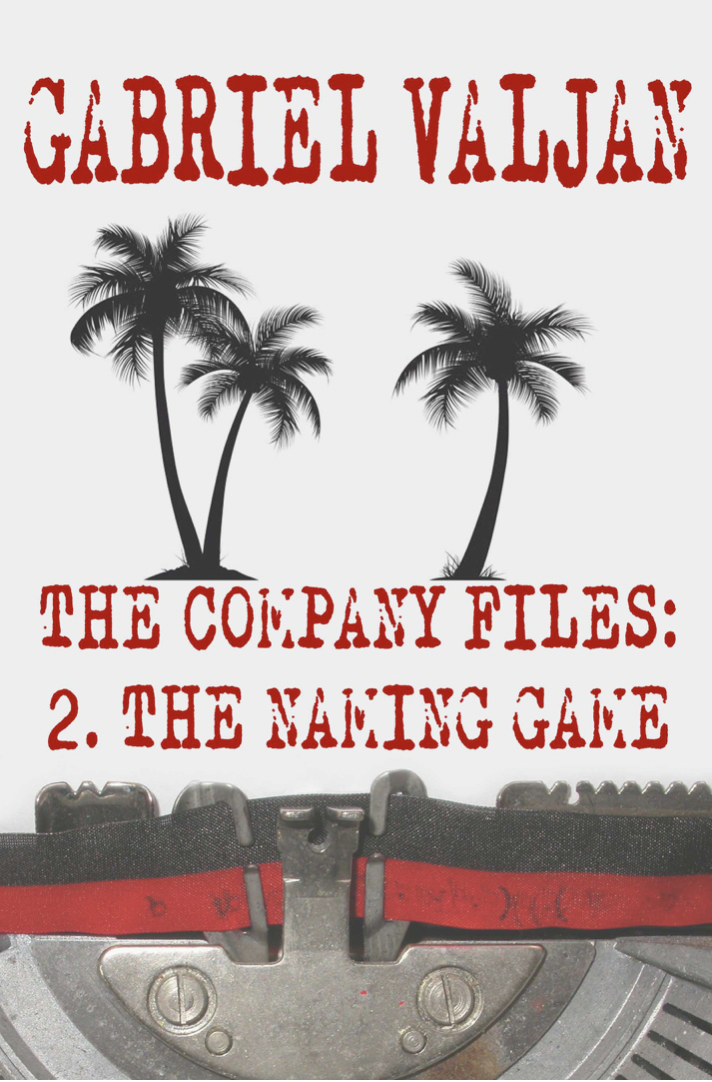In 2003, Americans were treated to the colorful phrases: “freedom fries” and the “axle of weasels.” In World War I, it was “liberty fries” and the equally ridiculous “liberty measles.” No small irony here since the French fry is not French, but about as Spanish as the Influenza Pandemic of 1918, or, if you believe culinary propaganda, the Belgian contribution to cuisine, along with ale, beer, chocolate, and waffles. In context, “freedom fries” was the bon mot on the Congressional menu in response to France’s refusal to support the U.S. invasion of Iraq, whereas “liberty” was a way of erasing anything “German” in America. Sauerkraut became “liberty cabbage” and hamburgers became “liberty sandwiches.” Perhaps, the best revision America had to offer came from the president. Woodrow Wilson sought re-election in 1916 under the slogan “he kept us out of war.” America entered the fray in April of 1917.
Propaganda is all about “the vision thing,” but in order to “win the hearts and minds” of people, it requires revisions of language and imagery. Propaganda is not new to war, but in World War I it took on dimensions of perverse twists of logic. The “100 percent Americanism” movement asked Americans to “Americanize” their names and drop the hyphens when they self-identified. No more ‘German-American,’ and consequently many German-sounding surnames were altered. Americans are still asked to self-identify on job applications, often confusing, I think, ethnicity with race. There is no such thing as “race.” DNA makes us human, one human race. Ethnicity, like discrimination, is a cultural construct. So prevalent was the anti-German sentiment in America that German-language and literature courses, newspapers, and cultural centers were snuffed out or their activities suspended.
Propaganda is an interesting word, rooted in “propagation of the faith” in Reformation and Counter-Reformation Europe. Stripped of its religious context, propaganda in World War I propagated nationalism and patriotism. The odd thing about war propaganda is that it works best if the combatants and their supporters perceive themselves as defenders. Germany and Russia were two countries that had difficulty making this argument. Russia had its own unique problems: little industrialization and a radical political party, the Bolsheviks, trying to maintain their successful coup d’etat. America defended friends and democracy abroad. The French defended home and hearth from a foreign invader. The British government defended moral decency, citing the violation of Belgium neutrality and German atrocities. German propaganda had the difficult task of sustaining a war effort because its military was abroad or at sea on the offensive. Germans had rationalized the war by seeing the countries around them as a threat to their new- nation status and strong economy. Germany did itself no favors, however, when it had declared an all-out submarine war against its enemies. The British blockade – and again the number here is controversial among historians – would kill 750,000 Germans from either starvation or disease, and drive a generation of Germans to loathe turnips in the winter of 1916-17. The lack of self-reliance, the need for an effective propaganda machine would become the obsession of one World War I veteran, Adolph Hitler.
American war propaganda faced unique obstacles. Nearly a quarter of all Americans claimed German ancestry, and, from 1880 onward, the country had become increasingly an immigrant nation, their memories of Europe not far behind. The famous brewer Christian Heurich wrote:
Germany is and was my mother, and I was against the war, but America is my bride, and if I have to choose between the two, then I leave my mother and go to my bride.
American propaganda techniques during World War I were a blend of outright censorship, peer pressure, and a media campaign. Wilson, after all, had the formidable task of reversing public opinion. The Patriot Act, drafted before 9-11 by Joe Biden, is as much directed at dissenting Americans as it is at terrorists. Americans then had the Espionage Act of 1917 and the Sedition Act of 1918. There were dissenters and most of them found other ways to serve the war effort. Quakers would serve in relief agencies, while the Mennonites and Amish, with their faiths rooted in German culture, were abused, attacked, and imprisoned. Private Alvin York, before he became a war hero, was initially a conscientious objector. Socialists – about the only time in American history socialism was a viable political party – such as Eugene V. Debs would serve three years of a ten-year sentence for a public speech against the war. Most socialists in the warring countries dropped their arguments against capitalism and became dutiful patriots. Socialists in Italy were the exception.
British women used the odious white-feather campaign in which men not in uniform were publicly shamed. The highly decorated British poet Siegfried Sassoon would publicly revile such women, and pitch his medals in a symbolic act of defiance, not unlike Senator John Kerry and other Vietnam veterans. Robert Graves, born Robert von Ranke Graves, would drop the Teutonic ‘von Ranke’ and look over his shoulder throughout the war because of his German heritage. The British aristocracy fought their German cousins. Literally.
In the grandest revision of them all, George V, out of fondness for a certain castle in Berkshire, would rename the Royal Family. The House of Windsor did not exist before World War I. His Royal Highness wanted his subjects to forget that his royal pedigree was thoroughly Teutonic, as in Saxe-Coburg and Gotha. He would later drop the tradition of listing all titles and possessions attached to royals in public to further distance the royal family from its German roots. Kaiser Wilhelm II, a devoted grandson of Queen Victoria, would be called “The Beast of Berlin”; yet, just as Hitler after him, he had received worldwide accolades as the bright face of German leadership before the war. As an aside, the late Lady Diana Spencer, just as Sir Winston Churchill before her, could trace her English roots further back than any of the Windsors.
President Woodrow Wilson had his own “vision thing.” In 1917, he turned to muckraker journalist George Creel to create the C.P.I, the Committee of Public Information, and to investor Bernard Baruch to lead the War Industries Board. Baruch cajoled support from American companies with the threat of nationalizing numerous industries. Railroads, however, were nationalized throughout war. Herbert Hoover was appointed Food Administrator under the Food and Fuel Act in 1917; he controlled the price of wheat on the U.S. market, the purchase of foodstuffs, and the distribution of food to Allies. The U.S. income tax, which began in 1913 and has since been a permanent source of revenue, would fund the war effort. Celebrities sold “Liberty Bonds.” Between acts at theatres and screenings at movie houses, Americans heard any one of the C.P.I.’s thousands of “Four Minute Men” give short speeches in support of the war effort.
The oddest legacy of the American propaganda effort was the “War and Peace” courses in universities, in which the German contributions to western civilization were minimized, and the values of freedom and democracy emphasized. These survey courses became essential “liberal arts” requirements. After the war, the propaganda machine was taken apart, the lessons learned for a repeat of the same horrible conflict a generation later.














